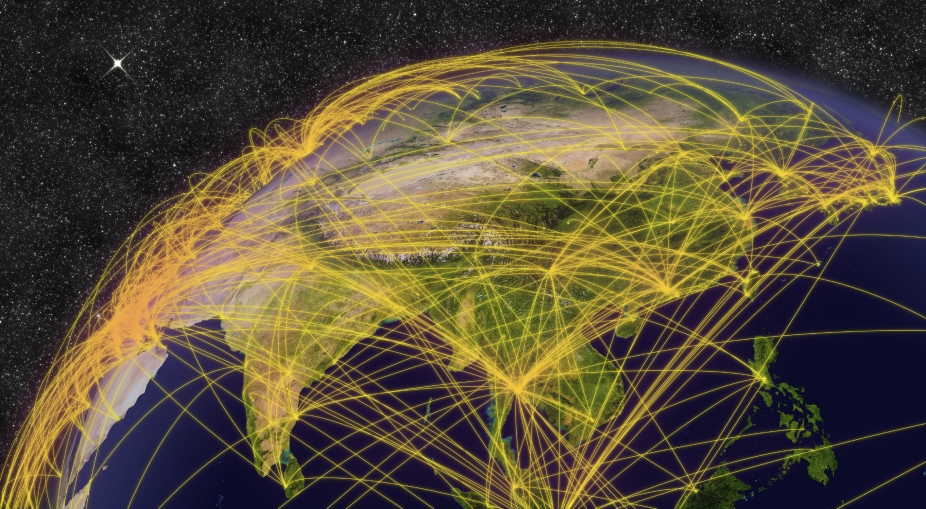Geography matters! Meeting the challenges of climate resilience with geospatial technology
Weather and climate hazards continue to pose significant risks to human lives, health and livelihoods, and these risks are likely to increase with climate change. Understanding and managing risks from extreme weather events such as heat waves, wildfires, or hurricanes are challenging because of the complex relationships between humans and the environment.
In their Explorer Series lecture, NSF NCAR scientists Olga Wilhelmi and Jennifer Boehnert discuss why geography matters in understanding and reducing weather and climate risks. They will discuss the role of Geographic Information Systems (GIS) in climate research and action and illustrate how geospatial technology is not only enabling new scientific advancements, but also contributing to building community resilience to weather hazards and the changing climate.
Jennifer Boehnert
Jennifer Boehnert is the Sr. GIS Coordinator in the Research Applications Laboratory at the National Center for Atmospheric Research (NCAR) in Boulder, CO, where she serves as technical lead in the GIS Program. In this role, she is responsible for coordinating GIS technical support services, overseeing geospatial data infrastructure, and developing education and training programs across the institution and for external stakeholders and workshops. Jennifer is a graduate of the University of Guelph, Canada where she majored in International Development and Geography. For the past twenty years, Jennifer has helped to shape new research initiatives at NCAR, by leading and participating in research on the development and implementation of new geospatial technologies and methods for the integration of multidimensional atmospheric data with traditional GIS data and analysis tools. At NCAR, she is an active participant in research projects that focus on weather hazards, national security, risk communication, and climate and health. Jennifer provides technical expertise in spatial analysis, multidisciplinary data integration, web-based applications, decision support tools, 3D modeling, and visualizations. Jennifer is a recipient of Esri’s Special Achievement in GIS award, as well as the UCAR’s Education and Outreach Award (2015). When not working with GIS, Jennifer enjoys spending time with her family and friends, mountain biking and camping.
Olga Wilhelmi
Olga Wilhelmi is a research scientist in NSF NCAR’s Research Applications Laboratory, where she is also the head of Geographic Information Science (GIS) Program. She is a geographer with expertise in actionable and convergent research on human-environment interactions with the emphasis on societal risks, population vulnerability, and resilience to weather hazards and climate change. Her research focuses on extreme heat risks, risk perceptions and resilience, coastal vulnerability to hurricane storm surge, and use of GIS in analysis and communication of hazardous weather risks. Wilhelmi received a B.S. in geography from Moscow State University and Ph.D. from the School of Natural Resource Sciences at the University of Nebraska-Lincoln. She served in multiple national leadership roles, including serving on the American Meteorological Society’s Board on Societal Impacts. She is a recipient of Esri’s Special Achievement in GIS award, as well as the UCAR’s Outstanding Accomplishment Awards for the Scientific Publication, and Education and Outreach. She lives in Longmont, Colorado with her family.
